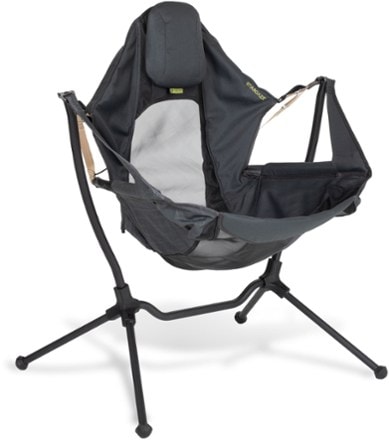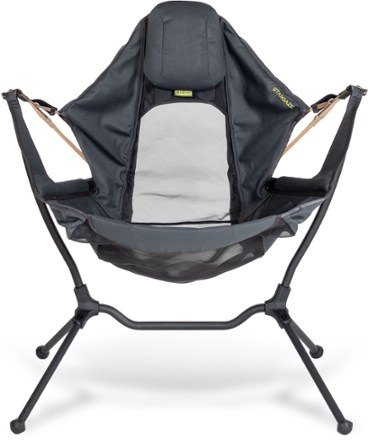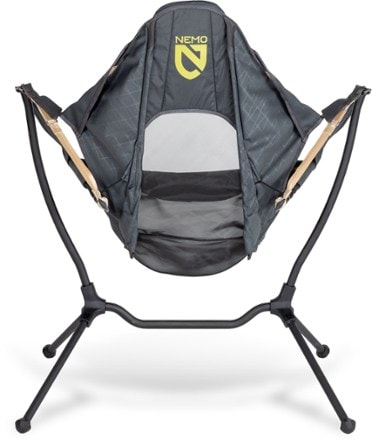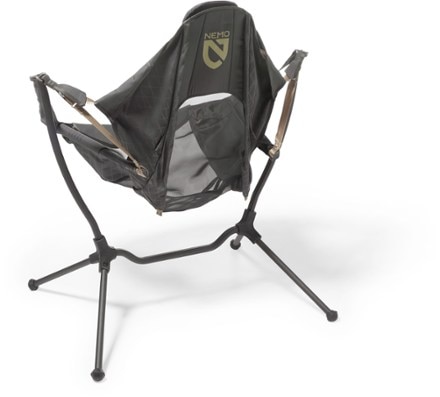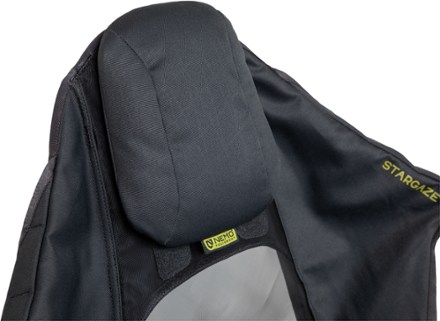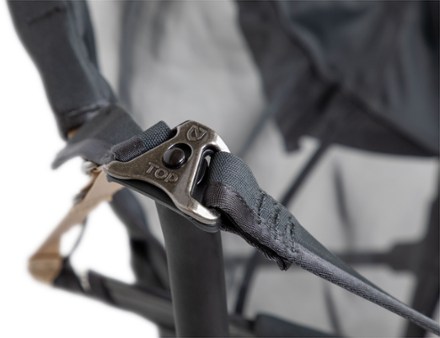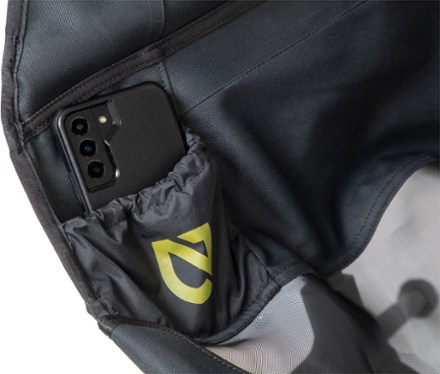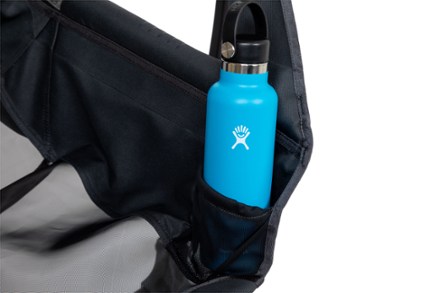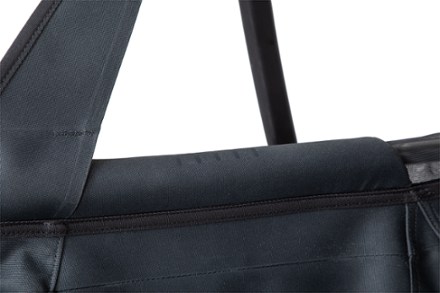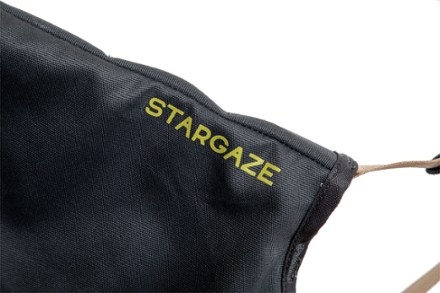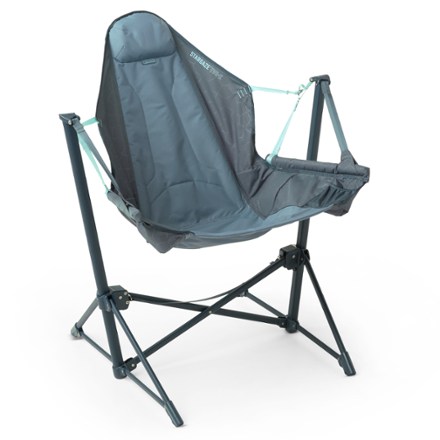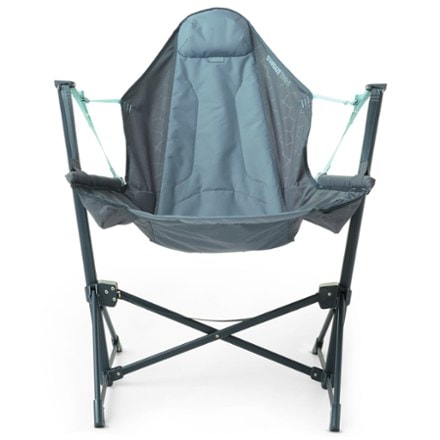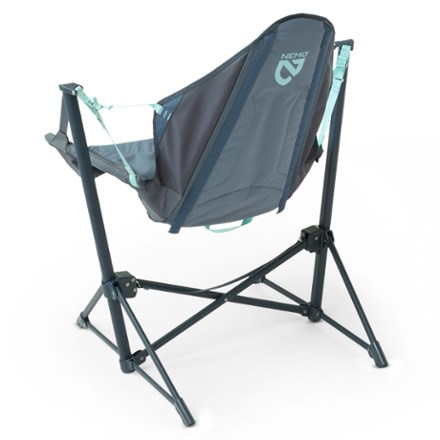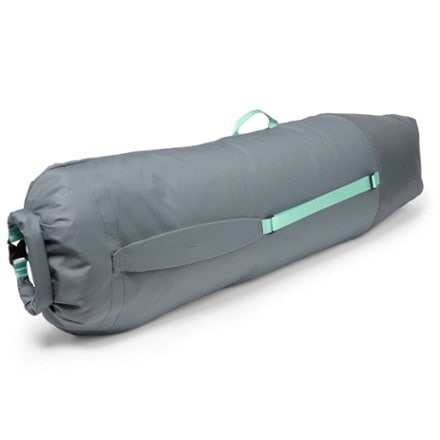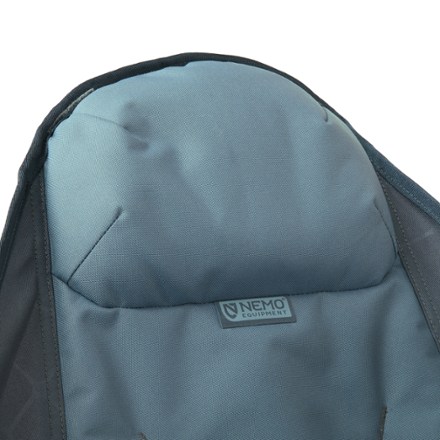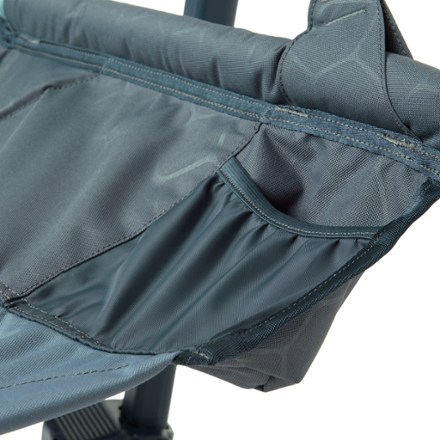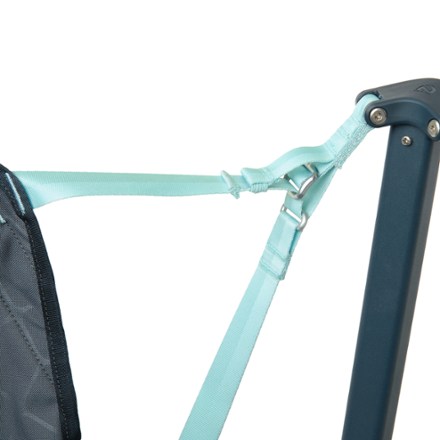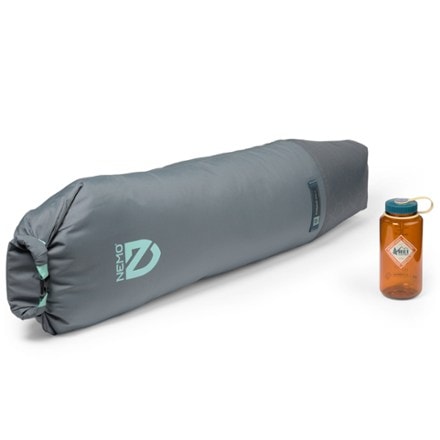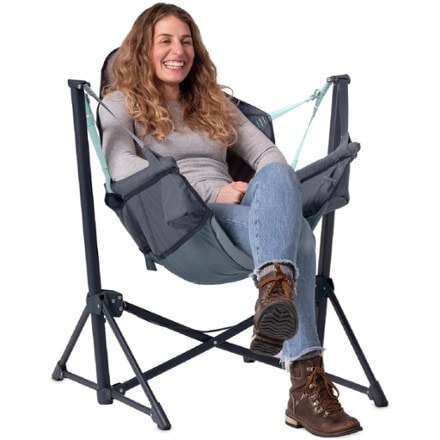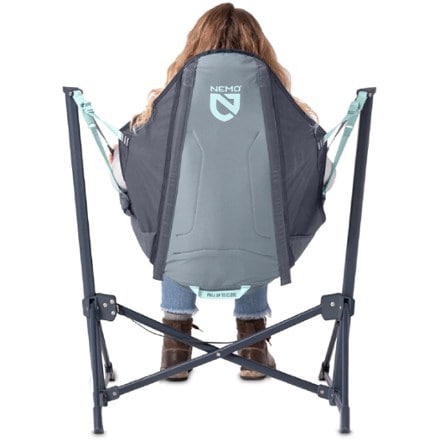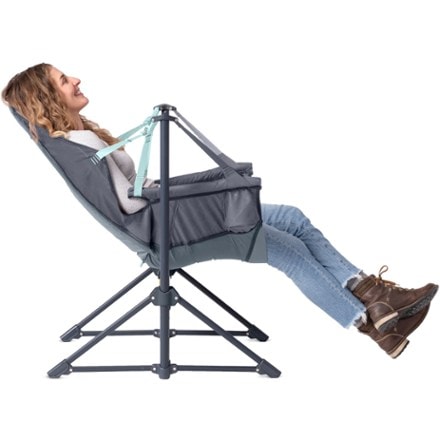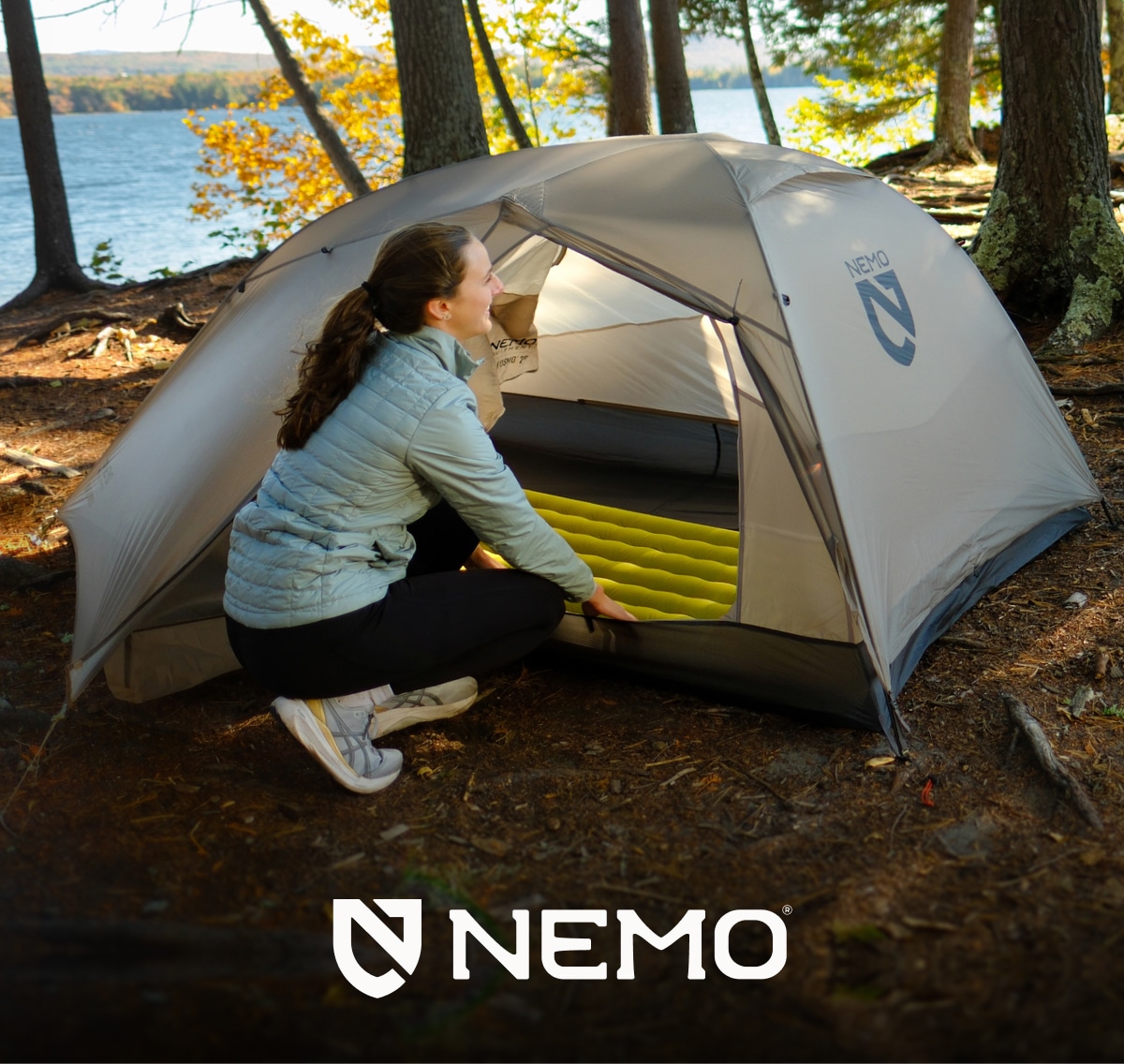How will you be using your liner?
Which liner material is right for you?
- Silk: Very lightweight, compact and insulates in cold weather. Absorbent and breathable in warm weather. Price: moderate to expensive.
- Cotton: Strong, durable and absorbent, but not the lightest or most compact. Price: economical.
- Fleece and microfleece: Warmer, heavier, soft, moisture-wicking and quick-drying, but the mid- and heavyweight varieties are bulky. Price: moderate.
- Synthetics (e.g., CoolMax®): Moisture-wicking, breathable, ideal for humid conditions and stretchy for restless sleepers. Price: moderate.
- Insulated (e.g., Thermolite®): Adds enough warmth to greatly extend the range of a lightweight bag. It dries faster than cotton. Price: moderate to expensive.
Read full article: How to Choose Sleeping Bag Liners

